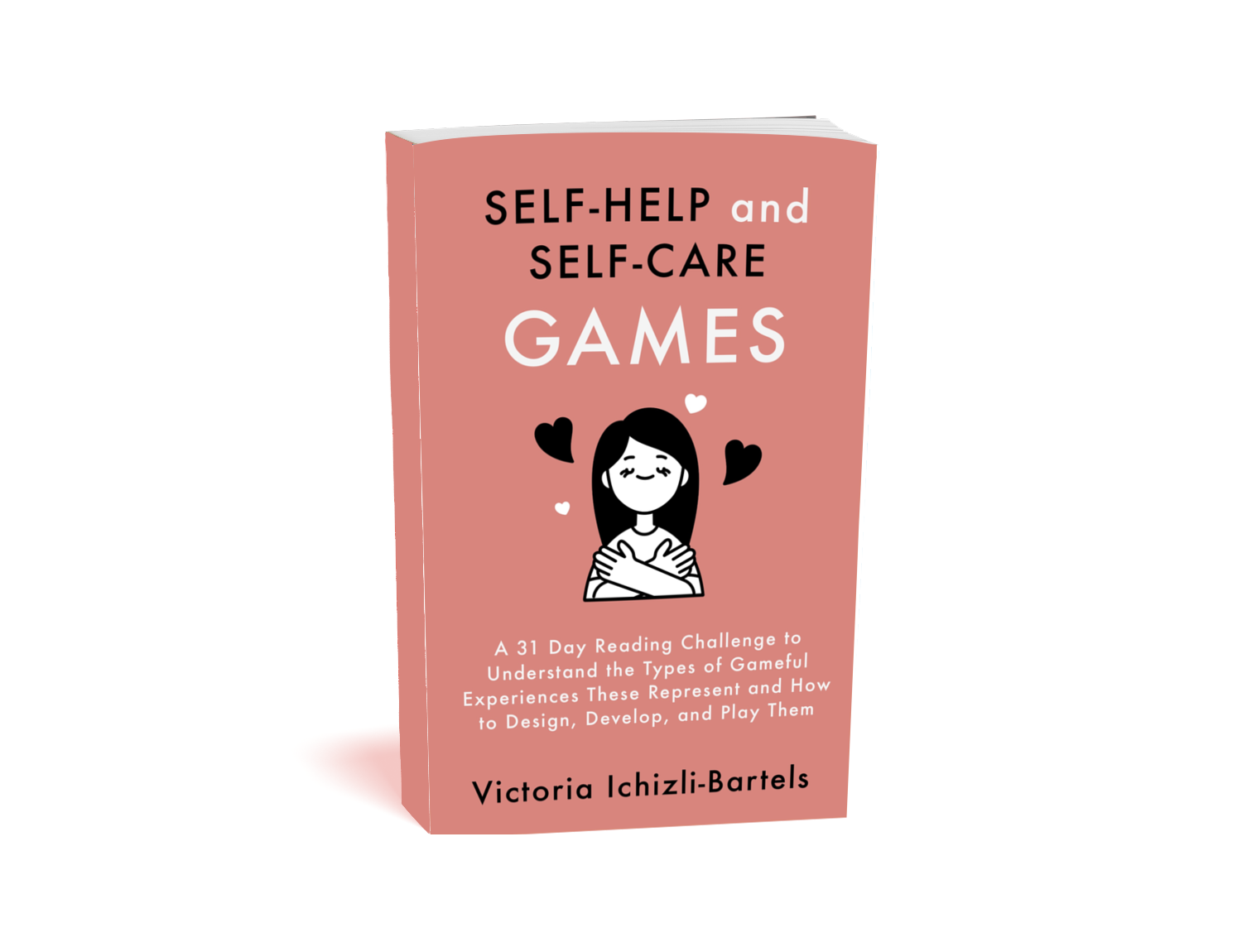
***
It’s been some time since I blogged here. I started blogging in April 2013. You can read my first-ever blog post here. So, it was over ten years ago. I didn’t stop blogging altogether after my last post was published here on October 12, 2021, but I did it on Medium.
My blogging on Medium also slowed because I love spending my creative time writing books. But I am not stopping to blog entirely. There is something that keeps me here. I guess this is the possibility to connect with you, dear reader, and let you know what is happening in my writing life and life-gaming.
On Medium and for some time, I have been sharing excerpts from my books. Here and from now on, I will share various of my self-motivational games with you and my thoughts on turning life into fun games. Some new material might find its way into my books or to Medium, and some won’t. I will let myself explore and find out.
The frequency of the blogs will be relaxed and sporadic. My guess is about once a month or once every two months. Our lives are busy, and I don’t want to bombard you with too many blog posts.
And now, I will have a little game called “coffee break” and then return to my other real-life games. I wish you a wonderful summer!
But wait! Before you go, I have a little something for you, and it is an excerpt from my latest book on living gamefully called Self-Help and Self-Care Games.
***
Our lives are never static and always evolve, often in surprising and unexpected ways, even if we often try to label them with one word or phrase.
A single recipe for self-help and self-care can never satisfy our needs in the long run.
Drawing parallels with and inspiration from games can help here.
Successful online games get regular updates and new features. Or maybe some older and forgotten features, but reinvented and shown in a new light. Even board games get extensions, expansions, and new releases. Some card games carry blank cards for the players to create their own extensions.
One of the reasons lies in the following wisdom:
“[T]he destiny of games is to become boring, not to be fun. Those of us who want games to be fun are fighting a losing battle against the human brain because fun is a process and routine is its destination.” — Raph Koster, Theory of Fun for Game Design
This awareness is fantastic, isn’t it? Both the understanding that there are many perfect ways to do the same thing and the realization that games or gamified systems (such as apps for maintaining healthy habits and others) or all those self-care, self-help, and self-love recipes are not a one-off solution for all our troubles and a one-time pill to regain our happiness. They are the stepping stones on our way to identifying what is fun and joyful for us at any given moment.
Here is a follow-up thought from the same book by Raph Koster:
“Many games, of course, seem to become more fun as you learn more about them. This has a lot to do with the nature of the challenge presented in those games; they tend to present problems of a certain complexity level that reveals more subtleties the deeper in you go.” — ibid.
Many successful games (such as chess) are multidimensional and have a deeper, changing nature.
Our lives have this changing nature. We usually resist it, but seeing and treating anything in our lives as games can show us how fun they can actually be.
And if we have learned everything from a real-life game (or at least think so), we can either add fun elements to its design to keep ourselves engaged until the end of the game or until we achieve a specific goal or level, or leave that game and go on to another. And if we want, we can come back to it later.
***

